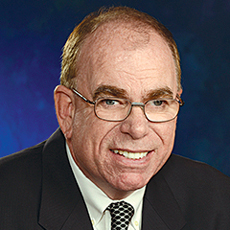

Seems like a lot of people are finding religion these days. Or to be more accurate, their “sincerely held religious beliefs.”
As employers require workers to receive COVID-19 vaccinations, more employees are citing those four words as all the inoculation they need.
How many? Well, it’s hard to tell in long-term care, given recent mandates targeting frontline workers and firms with more than 100 people on the payroll. But what we do know is that hundreds of firefighters and police officers in some of our largest cities are among the vaccination mandate’s first non-responders. It’s a fairly safe bet that there’s a lot more where that came from.
Which raises an interesting legal question: Is this maneuver, well, actually legal?
More than a century ago, the constitutionality of vaccine mandates was upheld by the Supreme Court. Case closed, right? Not so fast.
Title VII of the Civil Rights Act of 1964 requires private companies to make “reasonable accommodations” for workers who have “sincerely held” religious beliefs that conflict with vaccination.
And how exactly does one go about distinguishing a sincerely held religious belief from the recent droppings of a male cow? Turns out the answer may not be blowing in the wind.
A religious belief does not need to be recognized by an organized religion. It may even “seem illogical or unreasonable to others,” according to Equal Employment Opportunity Commission rules. As loopholes go, those two might easily accommodate a truckload of Pastafarians.
What we seem to have here is a proverbial house divided. And as President Lincoln famously reminded us, such structures cannot long endure. So something will have to give. It’s just not clear yet whether Congress or the Supreme Court will have the final word.
For now, you as an employer may have to determine whether people actually believe what they are telling you. May God help you.
John O’Connor is Editorial Director for McKnight’s.




